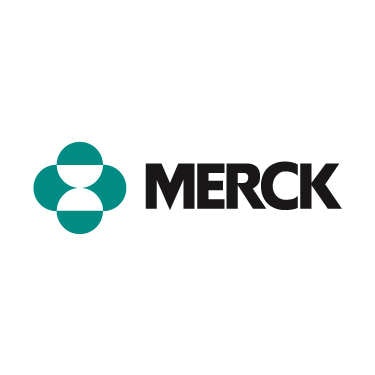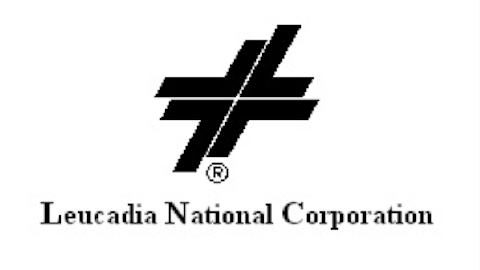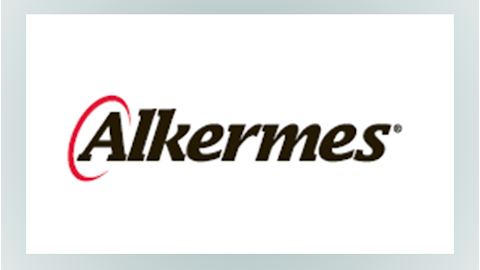Like a pebble rolling downhill and starting an avalanche, the decision by Tyson Foods, Inc. (NYSE:TSN) to stop buying cattle fattened with the steroid-like drug Zilmax has caused a rockslide that may create reverberations throughout the corporate agricultural food chain.
Not only has Tyson Foods, Inc. (NYSE:TSN)’s decision caused pharmaceutical giant Merck & Co., Inc. (NYSE:MRK) to suspend the sale of the drug in the U.S. and Canada, but now the third-biggest meat processor, Cargill, has said it will also stop buying cattle that have been injected with Zilmax.

Tyson Foods, Inc. (NYSE:TSN) suspected the drug was causing its cattle to have difficulty walking. Zilmax bulks up cows by as much as 24 to 34 pounds just before they’re led to slaughter, which Merck & Co., Inc. (NYSE:MRK) naturally contends is safe. It says it has 30 years of research behind it to prove its efficacy, and the FDA chimes in that it’s safe for human consumption, too. Of course, now along with the Agriculture Dept., it is investigating whether it’s really as safe as it has said.
The ball really got rolling against Zilmax — or the rocks really started sliding — after Smithfield Foods, Inc. (NYSE:SFD) banned the use of the similar drug ractopine in its cattle, which was developed by Eli Lilly & Co. (NYSE:LLY) subsidiary Elanco Animal Health. When used on hogs, the drug is called Paylean; for cattle it’s called Optaflexx. While Smithfield’s move might have had more to do with its sale to a Chinese meat processor, a deal that occurred a week after Smithfield Foods, Inc. (NYSE:SFD) made the announcement — its use is banned in many countries of the EU as well as China and Russia — it doesn’t seem to really herald a new thinking by meat producers that maybe all was not well in the industry.
As noted, some contend Smithfield Foods, Inc. (NYSE:SFD) was really just paving the way for its sale and Tyson Foods, Inc. (NYSE:TSN) says it rejected the drug for animal safety reasons, not human health. As for Cargill, its announcement came after Merck & Co., Inc. (NYSE:MRK) had already halted sales of Zilmax.
Still, the moves do raise awareness of what exactly we’re doing to the animals we consume. Although I’m not against consumption of beef, pork, and other animals — I love seeing steaks cooking on the grill — whenever possible, I prefer mine to be grass-fed and not artificially fattened by growth hormones or other chemicals.
The hope is that the hubbub surrounding Zilmax elicits enough concern among consumers that put pressure on other meat processors to follow the lead of Tyson Foods, Inc. (NYSE:TSN), Smithfield Foods, Inc. (NYSE:SFD), and Cargill and that they’ll start understanding what’s being done up and down the food chain. It’s not just Merck & Co., Inc. (NYSE:MRK) and (NYSE:MRK) Eli Lilly & Co. (NYSE:LLY) fattening cattle and pigs, but Monsanto, DuPont, and Syngenta similarly altering the feed they’re fed — and, by extension, us, too. The genetic modification of seeds to withstand the application of powerful herbicides and still continue to grow is no less alarming to me than causing cattle to gain tens of pounds in weeks from a food additive.
Given the growing concern of these practices on human health, perhaps the landslide caused in the beef industry will trigger similar avalanches elsewhere.
The article Merck Buried by Industry Beef originally appeared on Fool.com and is written by Rich Duprey.
Fool contributor Rich Duprey has no position in any stocks mentioned, and neither does The Motley Fool.
Copyright © 1995 – 2013 The Motley Fool, LLC. All rights reserved. The Motley Fool has a disclosure policy.





